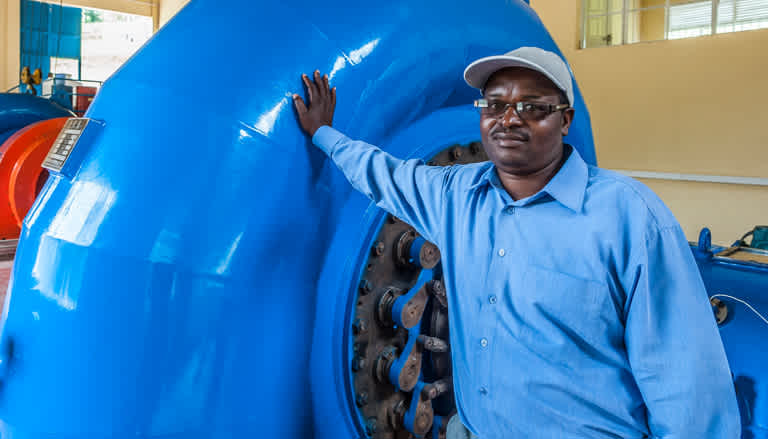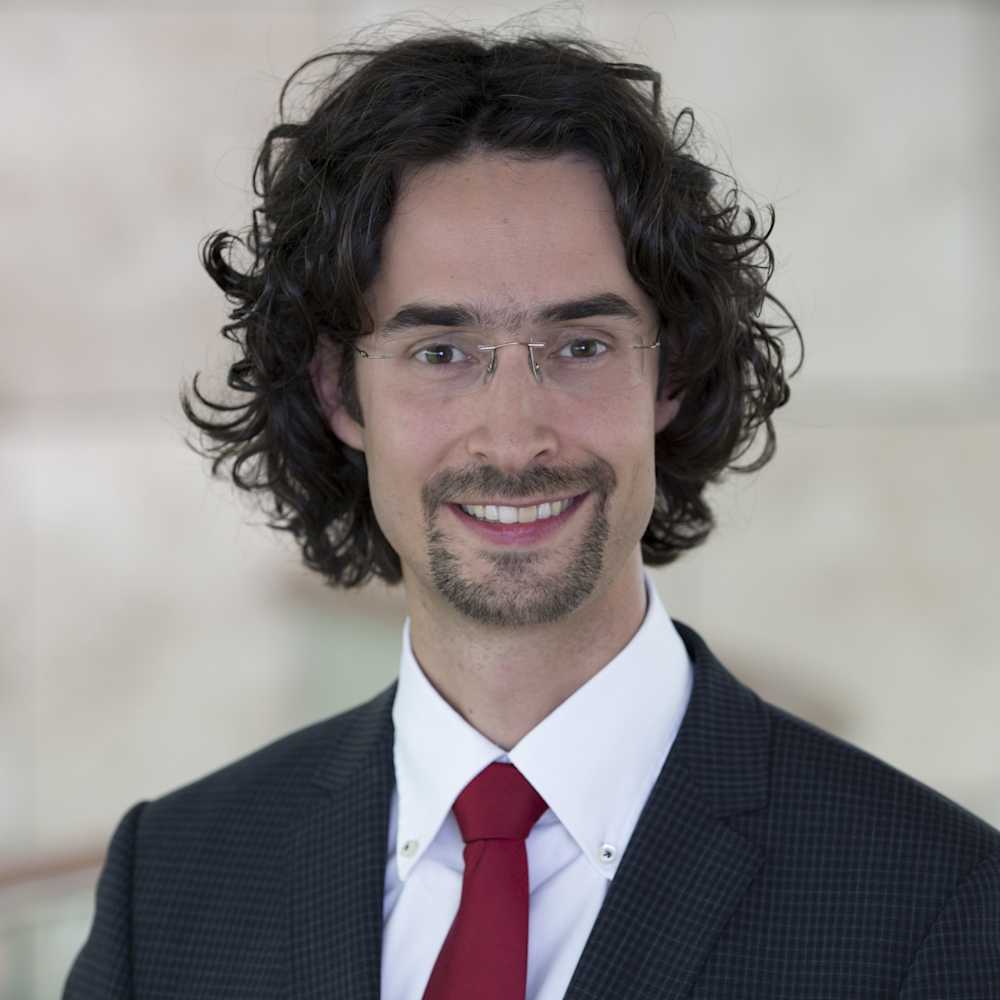Covid-19
Why it’s crucial to keep investing in renewable energy infrastructure in Sub-Saharan africa
With the Covid-19 pandemic, economies across the world have been severely impacted. Unsurprisingly, this also (temporarily) impacts planned renewable energy projects and demand in Sub-Sahara Africa where reliable electricity has been in short supply.

The drop in demand reflects the fact that various industries across the continent have either reduced their operations or stopped production altogether. At this point, it is very hard to estimate how long this situation will continue and to what degree businesses will be able to resume operations at the level where they left off before the pandemic.
This extraordinary situation confronts power producers across the continent with a new challenge: For the first time in history, some utility providers like operators of national grids aren’t asking for more electricity, they are temporarily asking for less, some of them even claiming “force majeure” to be released from their contractual obligations as defined in power purchase agreements.
With public funds in scarce supply at the best of times, and more so at this time of crisis, a danger exists that investments in (renewable) energy infrastructure may get impacted for the benefit of projects that answer a more immediate need.
“Despite going through temporary Covid-19 related challenges, policy makers, power utilities, donors, investors and financiers in Africa would be wise to keep the long-term focus, planning and private sector support intact. This will ensure that the badly needed additional renewable energy infrastructure will not be impacted.”
Wilfred van den Bos
Worldwide, the IEA forecasts that in 2020 the net additions of renewable energy capacity will decline by 13% compared with 2019 (first time since 2000) - mainly driven by delays in construction and supply chain challenges. In 2021, as per the IEA, the renewables are expected to show their resilience again as delayed projects are expected to come online.
According to a new report from the Boston University Institute for Sustainable Energy Africa, there would need to be at least USD 20 billion per year of new energy infrastructure investments to achieve a basic level of universal energy access for African countries. And to avoid a grim outlook, these investments must be quickly harnessed and channeled towards electricity delivery and supply.
Infrastructure projects are long-term by nature. Given the additional layer of challenges presented in the development and construction of, for example, hydropower plants in rural Sub-Saharan Africa, it can easily take 5-8 years before a project is completed and feeding electricity into the grid.
“Development of Renewable Energy infrastructure remains fundamental in Sub-Saharan Africa and will support the much needed upcoming economic recovery. Affordable and clean energy requires long-term planning and should not get derailed due to the temporary impacts of Covid-19.”
Wilfred van den Bos
If governments in emerging economies stop investing into this kind of crucial infrastructure, this is likely to negatively impact sustainable development for years to come. Already, Covid-19 is expected to push 40-60 million people into extreme poverty. The 840 million people – predominantly in sub-Saharan Africa – living without access to electricity are not only less likely to receive adequate health services (compare: United Nations’ Sustainable Development Goal 7); in the long term, their hopes for increased prosperity will be severely hampered.
To ensure development is not negatively impacted after Covid-19, it is crucial to continue investments into (renewable) energy infrastructure, particularly in Sub-Saharan Africa. So far, international public and private investors have played a leading role in providing the much needed capital. And while development and construction on new projects may have temporarily been impacted, shareholders of responsAbility Renewable Energy Holding (rAREH) including KfW, Norfund and the Nordic Development Fund, for instance, have expressed their full support to continue the development of Sub-Saharan Africa’s renewable energy infrastructure. For the future prosperity of millions, it will be essential to maintain this flow of public capital and to complement it with private sector initiatives.

Wilfred van den Bos is the Investment Director for responsAbility Renewable Energy Holding, the Nairobi-based independent power producer that develops, constructs and operates renewable power plants across Sub-Saharan Africa. He has 13 years of investment and project finance experience in Africa, Asia and the Middle East. Prior to his current role, he worked for Dutch development finance institution FMO, raising over USD 1 billion of senior and subordinated debt for more than 32 energy projects.